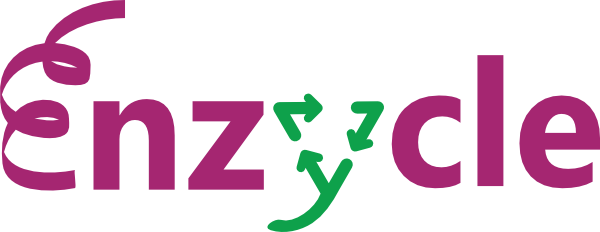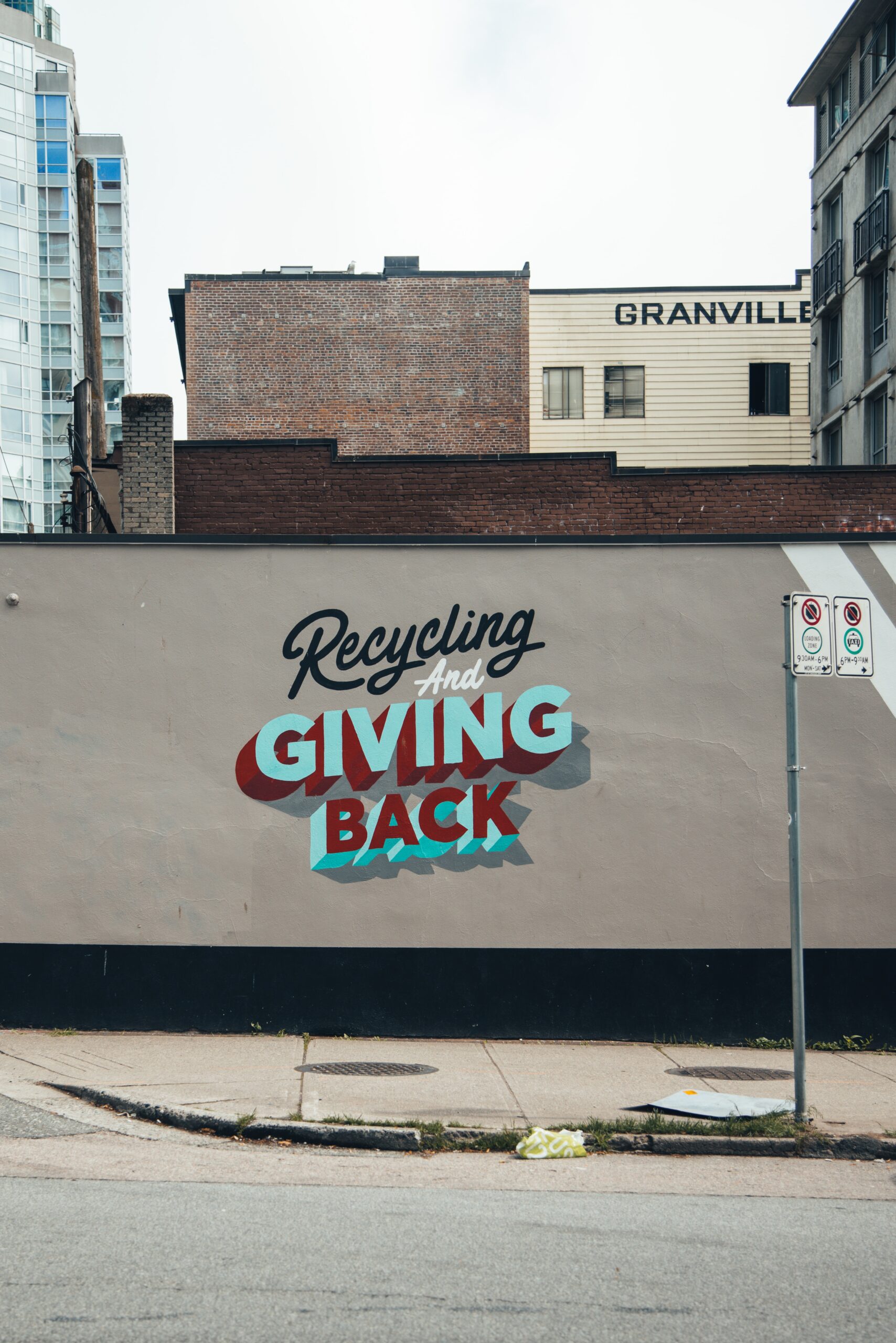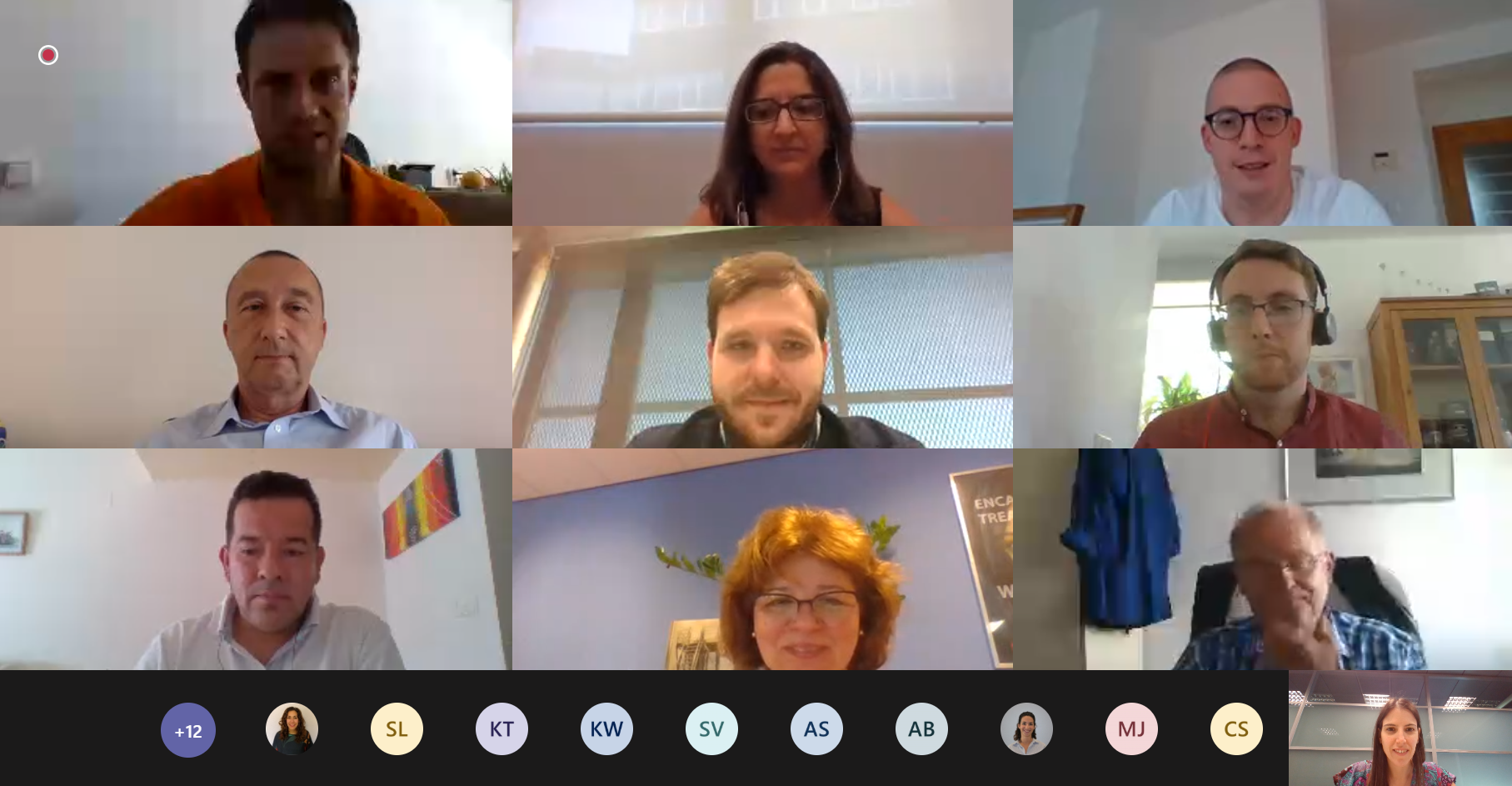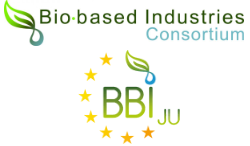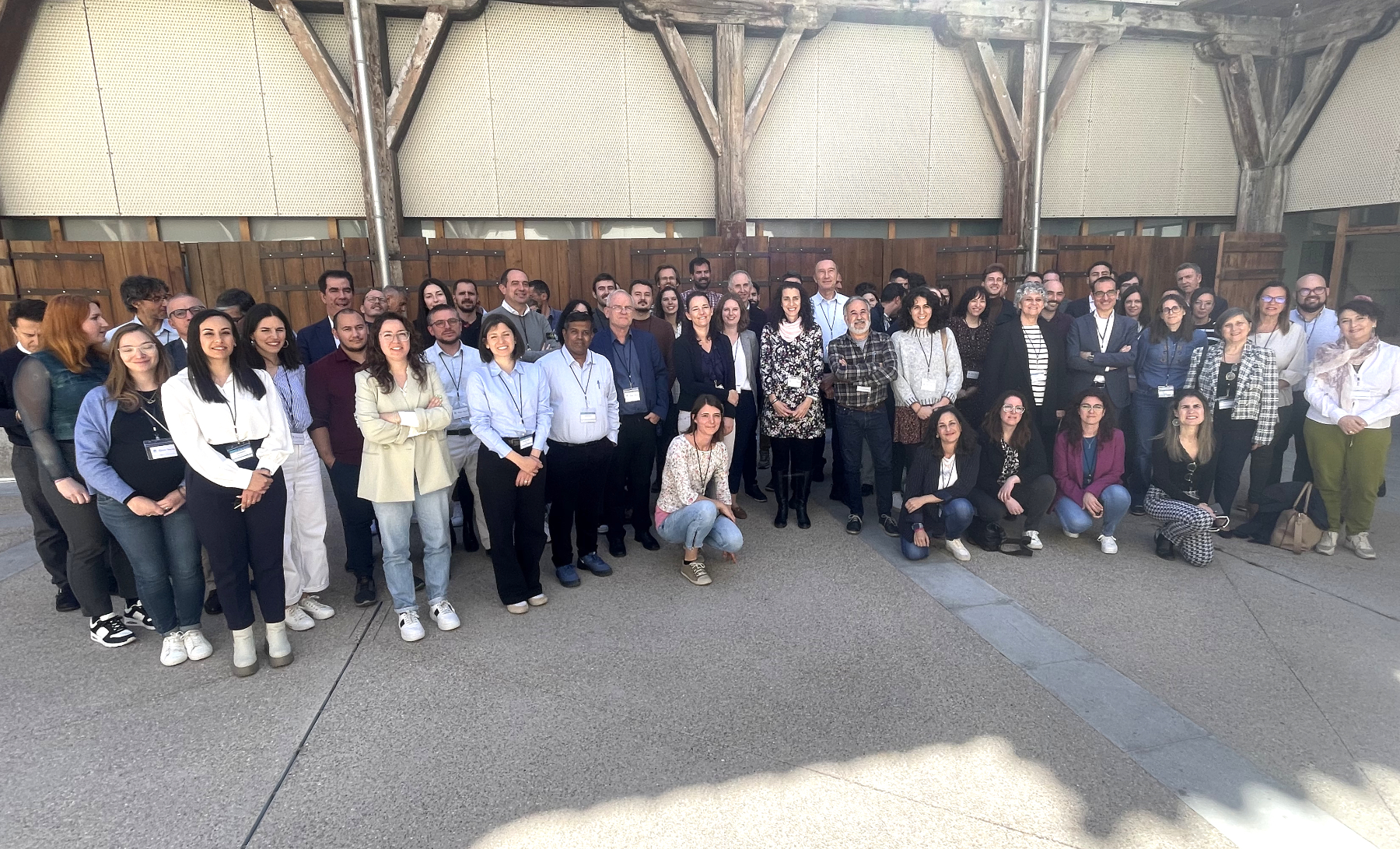
Enzycle celebrated the achievements of the last years at the final event in Madrid
The three BBI-JU-funded projects Enzycle, Bizente and Recover are coming to an end …
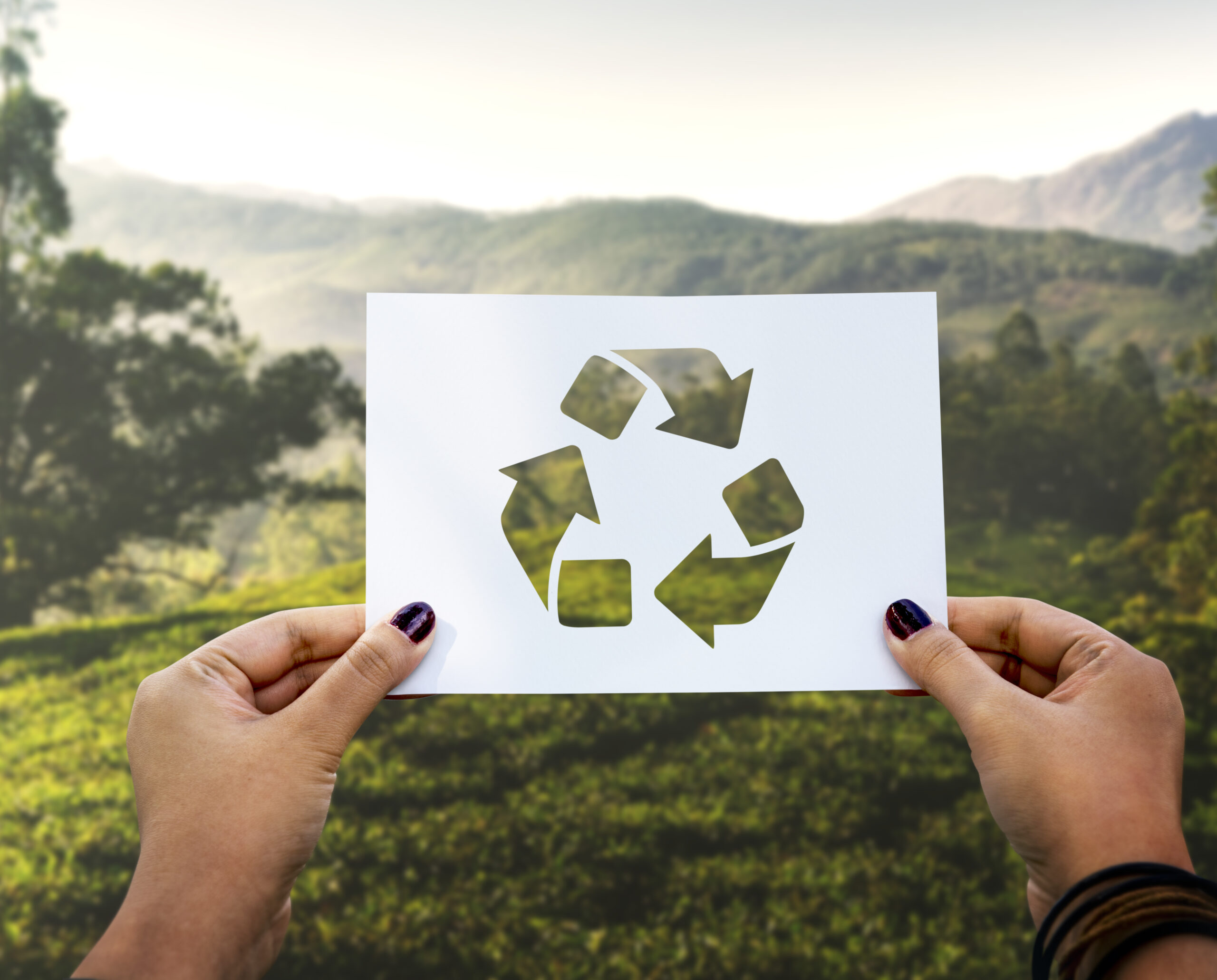
Microbial enzymes for the treatment of non-recycled plastic fractions
Author: Juan Antonio Tamayo Ramos, ITENE Plastic waste management has been evolving during the last two decades, improving the recyclability and sustainability of the processes involved. Year after year, recycling and energy recovery have gained
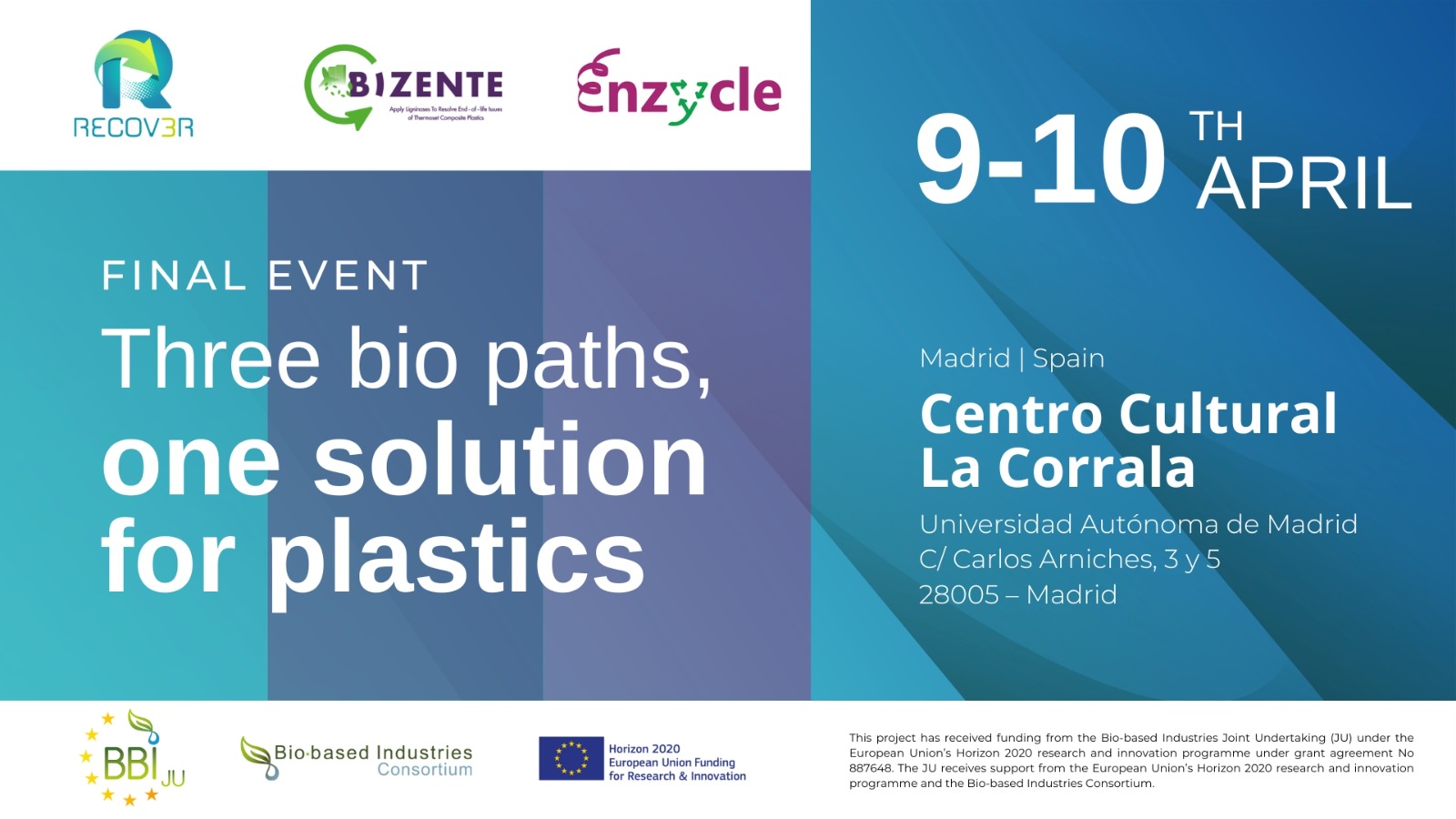
Save the date: Final event ENZYCLE project
The ENZYCLE project, along with Bizente and Recover, invites you to their joint final event in Madrid, Spain, on April 9th and 10th, 2024. This event showcases the innovative use of enzymes in advancing Europe’s

Webinar: The potential of enzymatic plastic recycling
BIZENTE, RECOVER and ENZYCLE invite for a joint webinar The three projects, funded by the Bio-based Industries Joint Undertaking under the EUs Horizon 2020 innovation and research program, are demonstrating the power of enzymes for
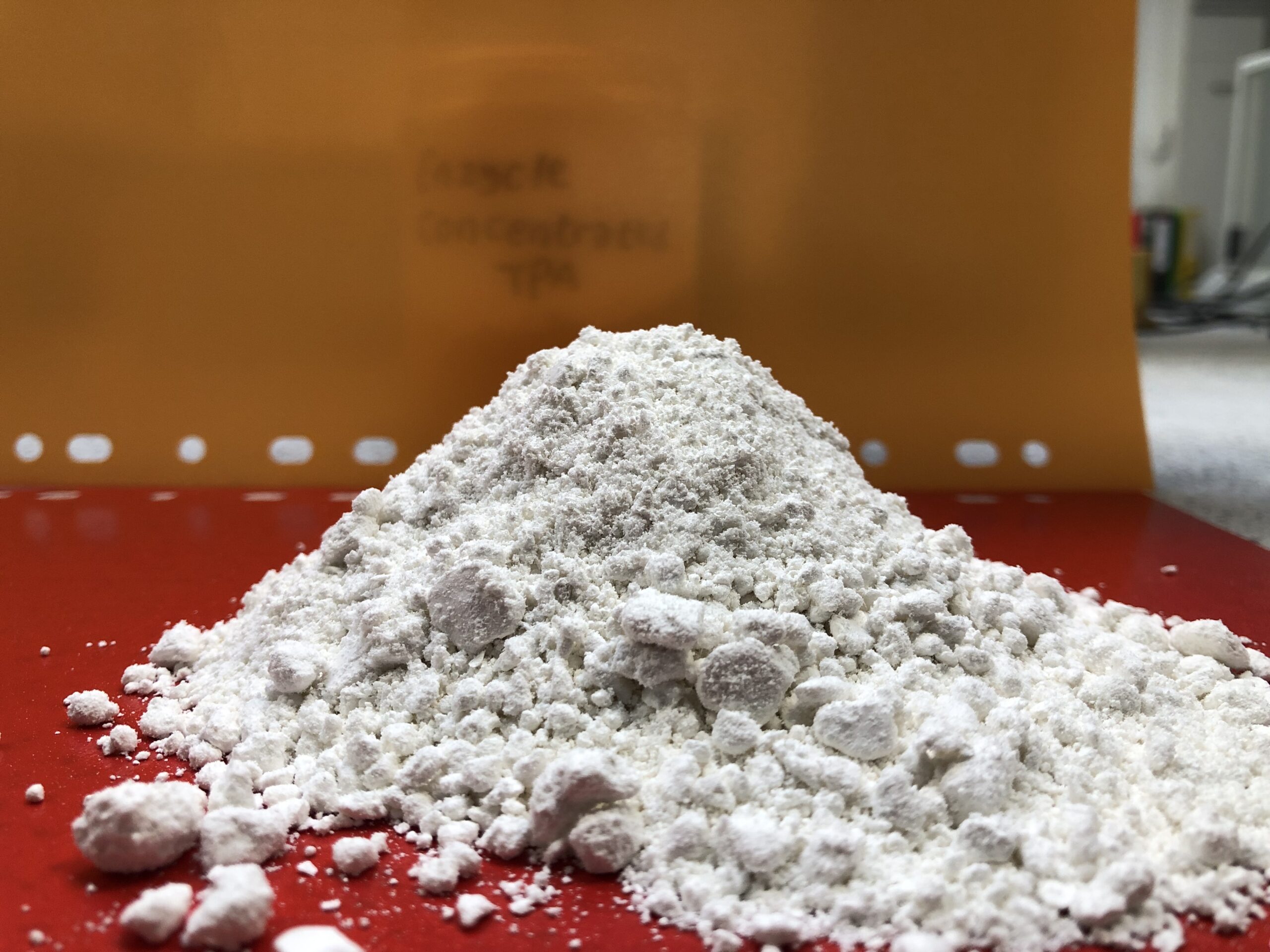
The power of CO2 for cristallizing TPA from PET
Author: Daniela Trambitas, Feyecon Introducing a groundbreaking achievement in the ENZYCLE project: We’ve harnessed the power of CO2 to successfully crystallize TPA from PET hydrolysed solutions, all without the need for any pre-purification steps. Witness
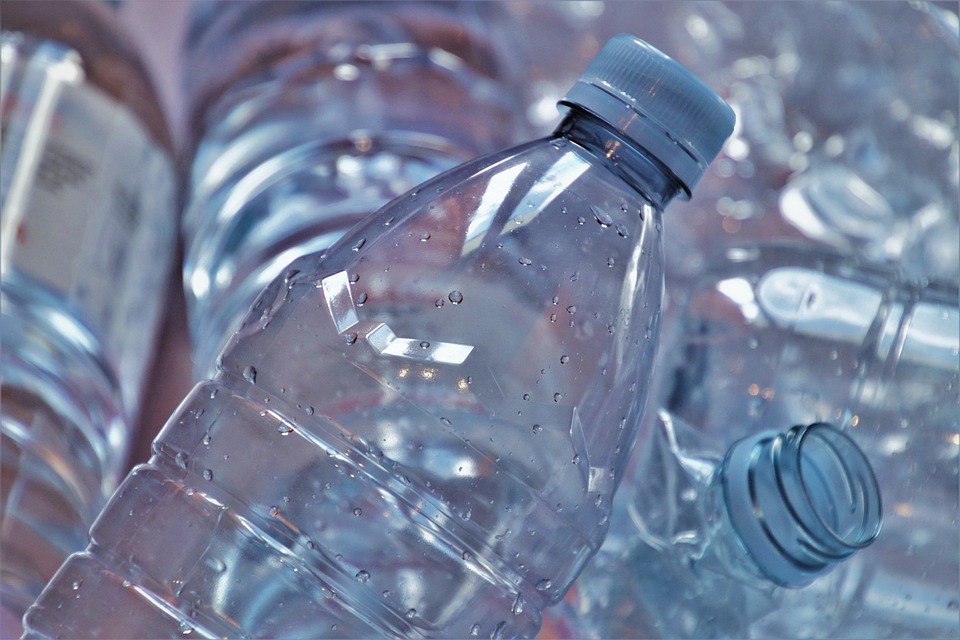
Renewable materials for PET production
Author: Peter Spannring, Indorama Indorama is one of the leading partners in the production of pure PET pellets used for diapers, food contact materials (e.g. soft drink bottles) or textiles. Mixed plastic applications, such as

ENZYCLE news No. 6
Our newsletter issue No 6 from June 2023 is now available! Enjoy reading about our highlights from the past 6 months. Not yet subscribed? Get our news directly in your mailbox here.
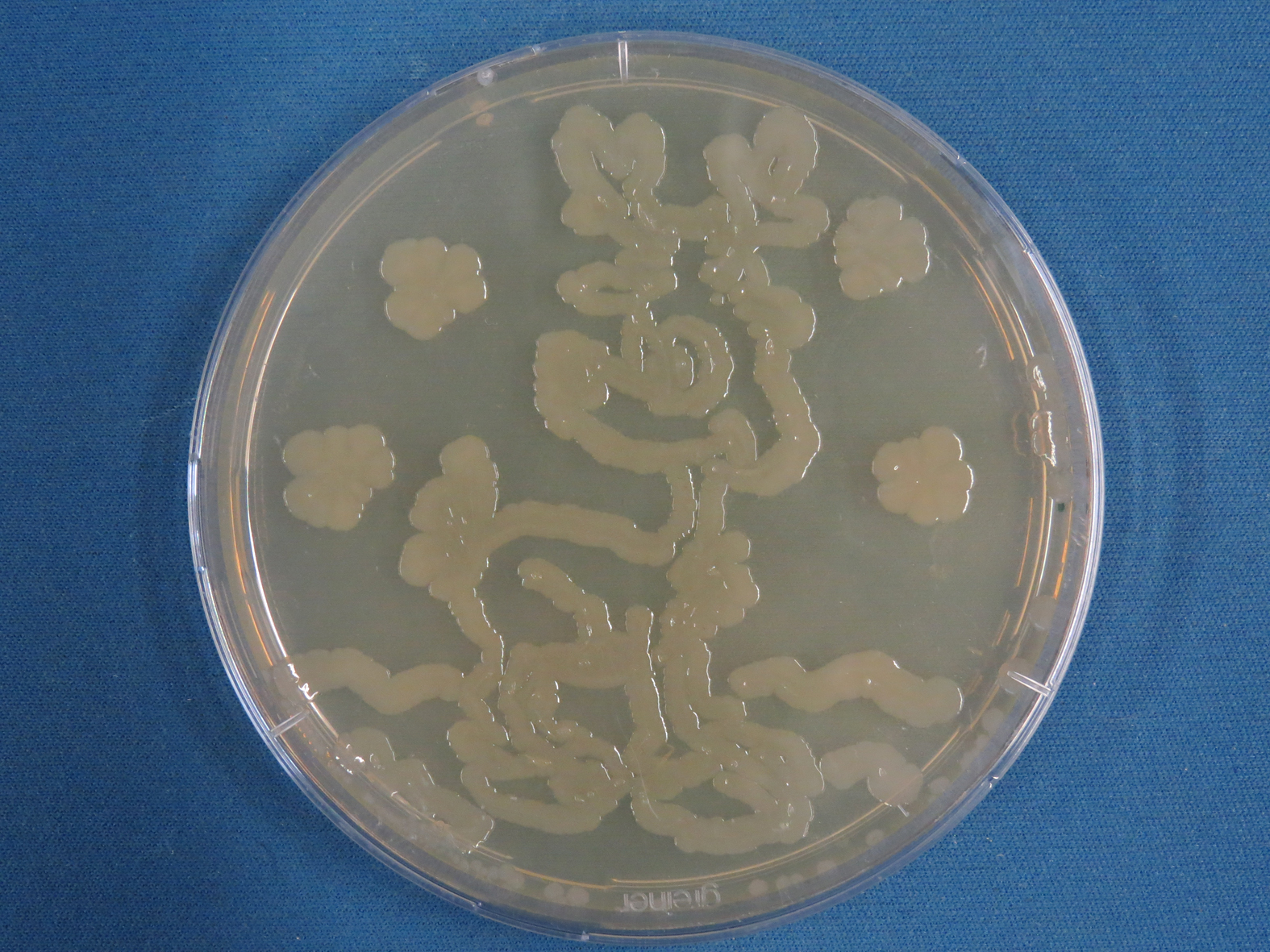
Specialized yeasts for the production of plastic degrading enzymes
Author: Mattijs Julsing, Wageningen Food & Biobased Research Microorganisms are the invisible heroes of biotechnology. Normally, society has a negative attitude towards microorganisms, as they are often associated with pathogenic properties. In fact, however, most

From plastic waste, greenwashing, and an enzymatic solution
Author: Katrin Weinhandl, acib The climate crisis is omnipresent and more and more people are trying to make their consumer behaviour more sustainable. But a product is not always as “green” as the associated marketing

Podcast interview with Kristie Tanner from DARWIN
Little plastic eaters – please step forward! Evolution means the adaptation of an organism to environmental conditions. So did a variety of microorganisms, who have learned to use plastic components as an energy source. Would
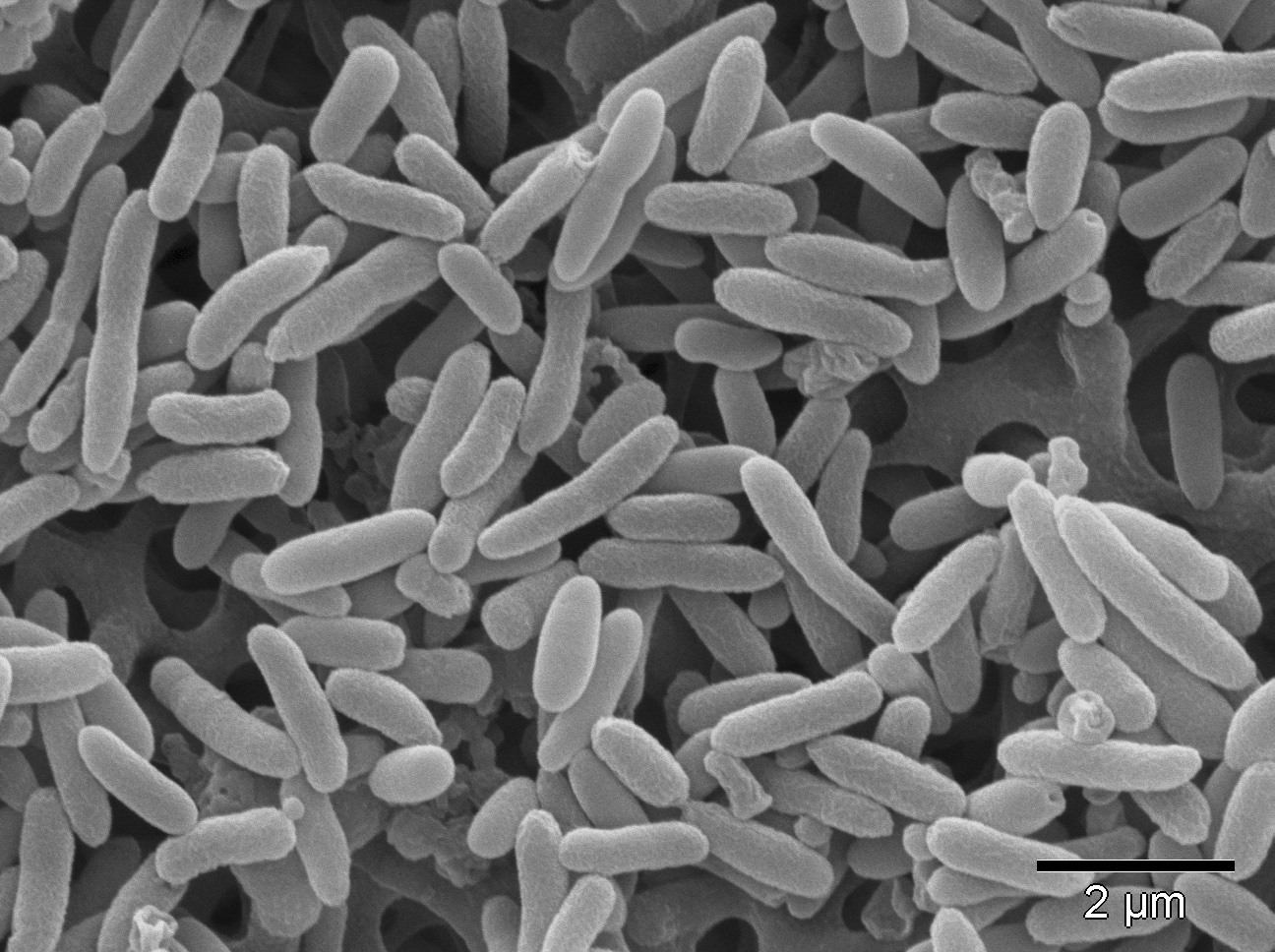
Can Escherichia coli, the working horse of biotechnology, get us out of plastic wastage?
Authors: Mathias Fink & Gerald Striedner, BOKU Plastics of various kinds have conquered almost all areas of human life and their properties allow a wide variety of applications. However, man’s careless use of plastic leads

The relevance of ethics in the development of enzymatic plastic recycling approaches
Author: Katrin Weinhandl, acib GmbH What does the topic of ethics have to do with research on enzymatic plastics recycling? Ethical considerations play an important role in any research approach that conforms to the concept

ENZYCLE News No 5
Our newsletter issue No 5 from December 2022 is now available! Enjoy reading about our highlights from the past 6 months. Not yet subscribed? Get our news directly in your mailbox here.
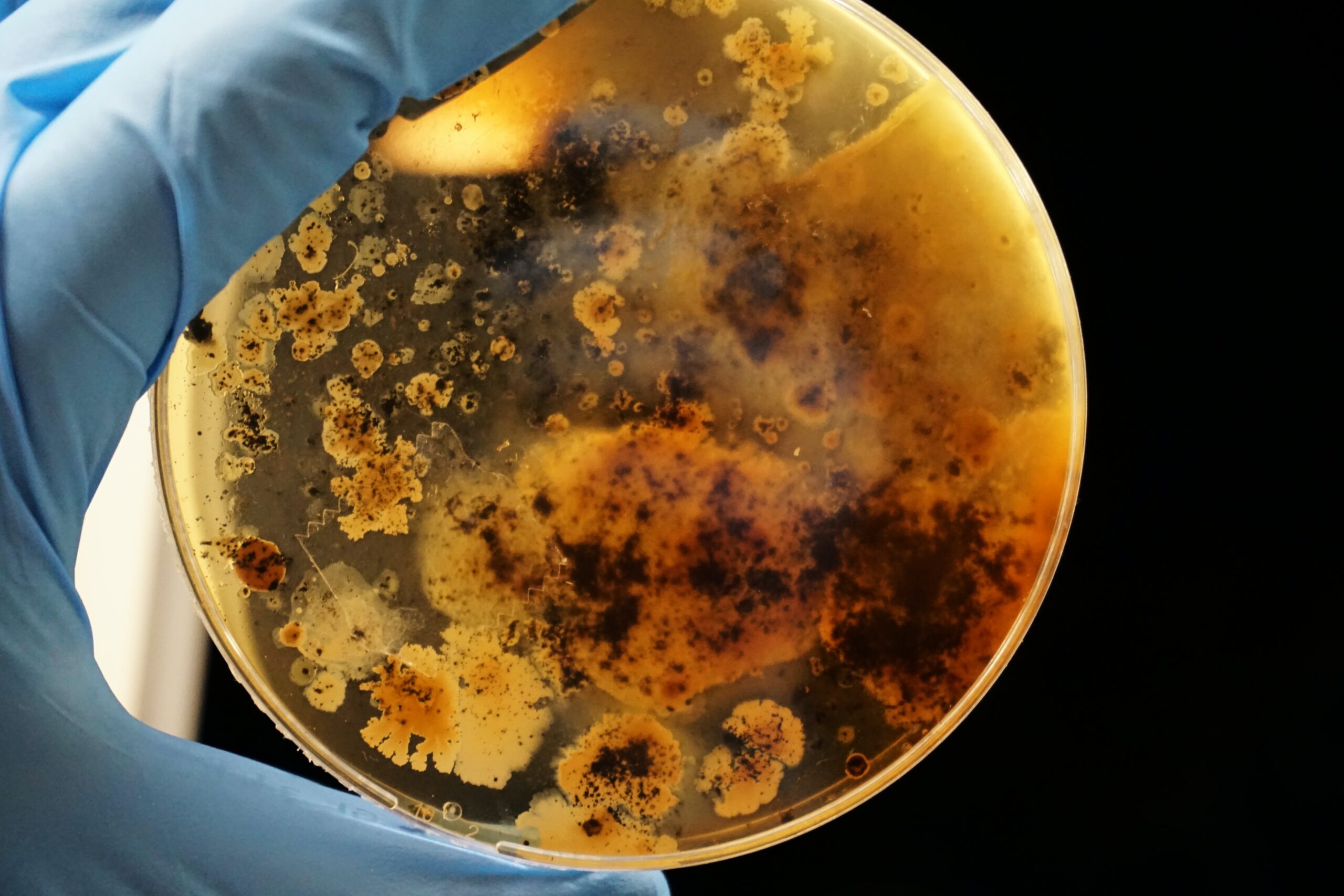
Harnessing new polymer-degrading enzymes directly from nature
Authors: Kristie Tanner, Darwin & Christian Sonnendecker, University of Leipzig Microorganisms can be found inhabiting even the most remote and extreme locations of our planet. Their extraordinary array of metabolic routes coupled with their rapid
A PET degrading enzyme in German magazines
Christian Sonnendecker, Wolfgang Zimmermann (Univ. Leipzig) and their PET degrading enzyme The enzyme PHL7 shows high efficiency in plastic recycling, which attracted lots of interest in German magazines! In the journal “BIOspektrum”, the enzyme PHL7

The landscape of enzymatic plastic recycling projects in Europe
Author: Katrin Weinhandl, ACIB Over the last twenty years, plastic has become one of the most important materials in various industrial sectors. Plastic consumption is increasing rapidly. The other side of the coin, however, is
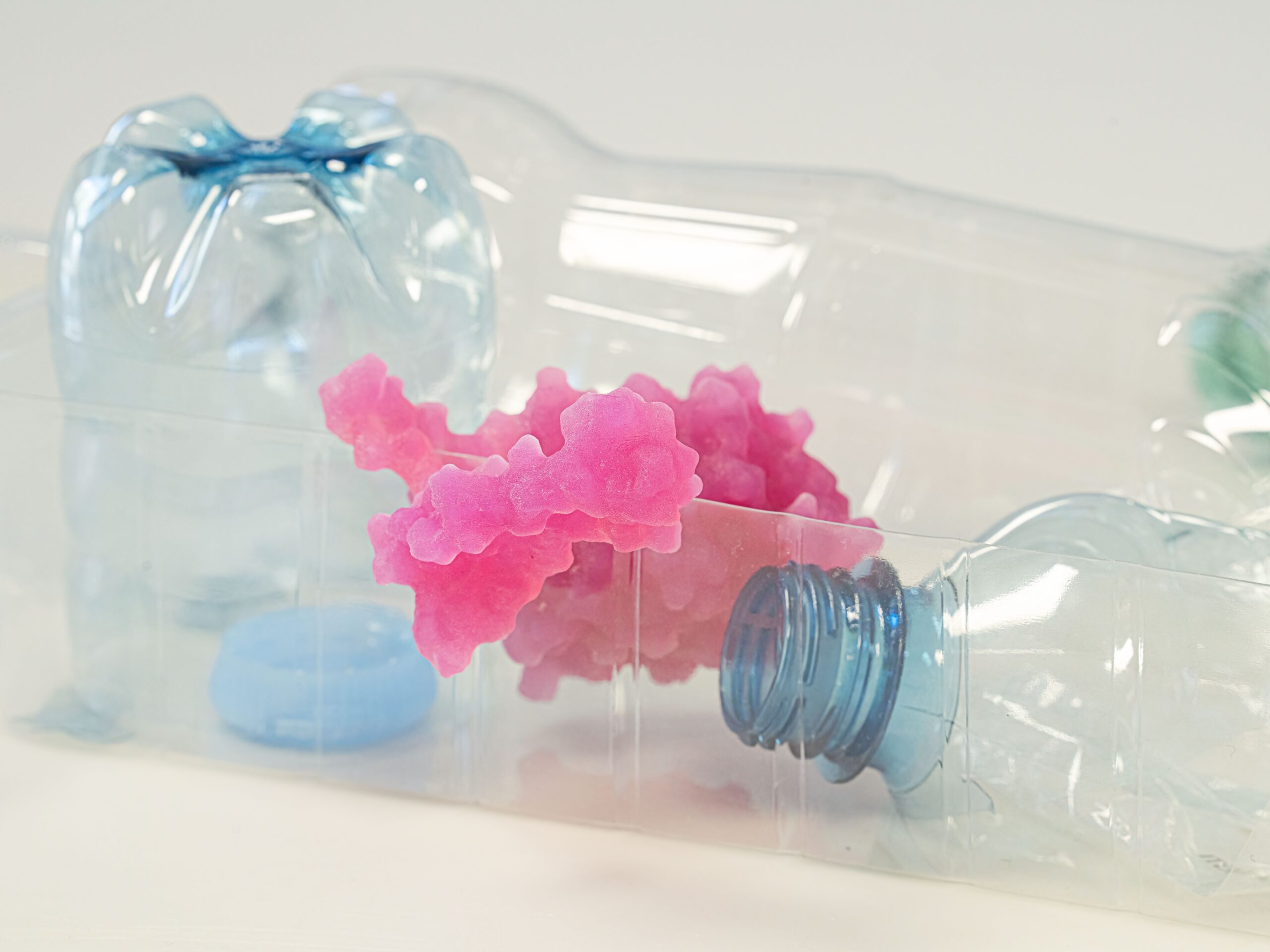
Enzymes for industrial recycling processes
Author: Arno Cordes, ASA Spezialenzyme GmbH Since more than 70 years enzymes are used in different industrial areas as detergents, food and feed, textile and paper processing. Mainly employed enzymes are proteases, amylases, pectinases, cellulases

ENZYCLE Newsletter No 4
Our newsletter issue No 4 is out! Enjoy reading about our highlights from the past 6 months. Not yet subscribed? Get our news directly in your mailbox here.
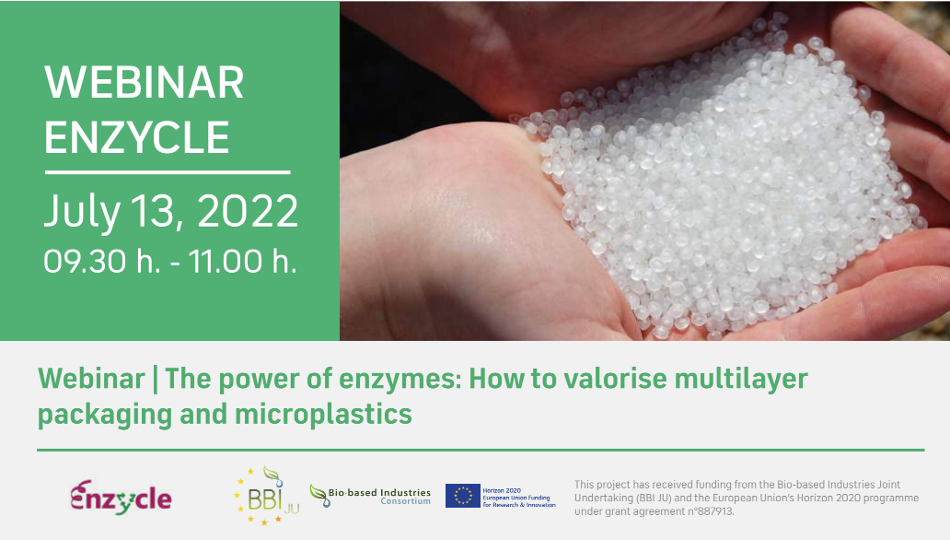
Webinar “The power of enzymes: How to valorise multilayer packaging and microplastics”
Part 1 of the ENZYCLE stakeholder workshop On 13th July 2022, the first ENZYCLE stakeholder workshop takes place in Valencia, Spain. The open part will be broadcasted as a webinar and will inform about our
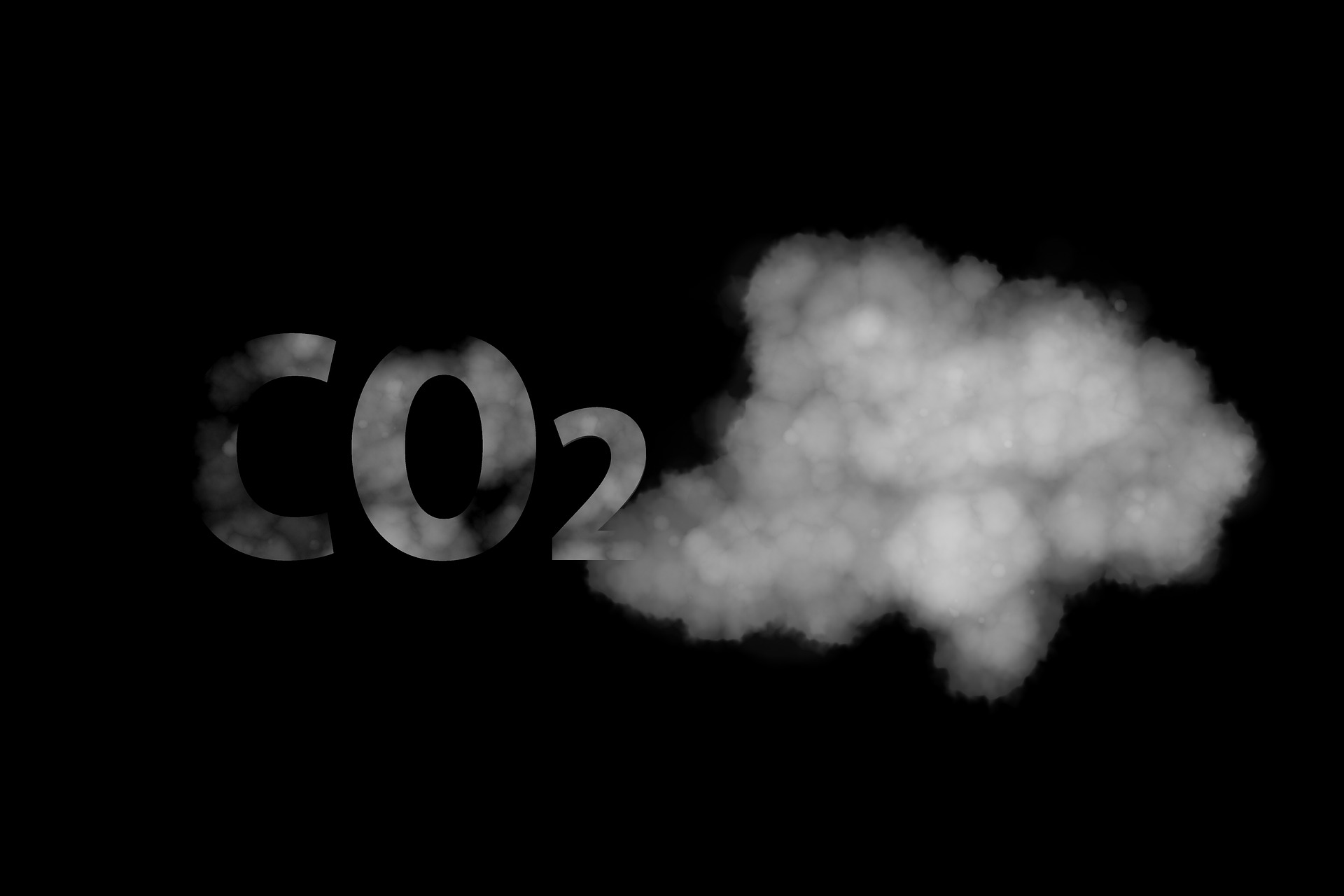
scCO2- a Natural Advantage in Plastic Degradation
Author: Daniela Trambitas, FeyeCon D&I BV Over the years, fueled by market demand, plastic materials have reached unparalleled performance. Properties like durability, efficiency and stability have made them very reliable. Consequently, they have become part
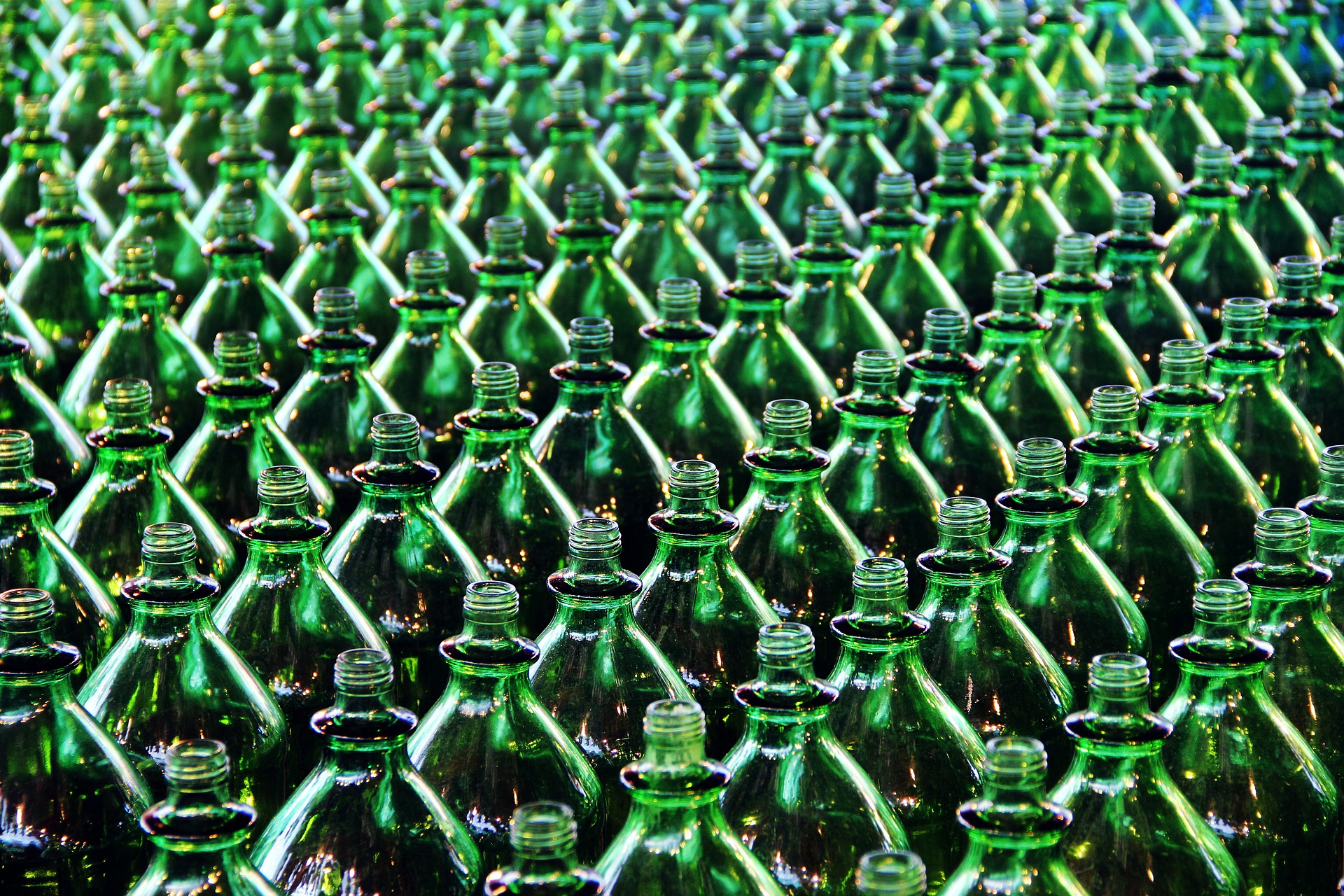
An industrial view on the suitability of enzymatic plastic recycling
Enzymatic plastic recycling is the overall goal of the ENZYCLE project but it’s not only about identifying appropriate enzymes and setting up an efficient process. In the end, the process should suit to industrial demands

ENZYCLE Newsletter No 3
News of M18 We have released another newsletter edition! Enjoy reading our number 3 issue!
Publication News: Research article in ACS Catalysis
Real-Time Noninvasive Analysis of Biocatalytic PET Degradation The team of ENZYCLE partner University of Leipzig contributed to a research article at ACS Catalysis and described the “Real time noninvasive analysis of biocatalytic PET degradation”. The

How to assess the life cycle for ENZYCLE
Author: Carla Bartolomé, ITENE As part of the transition to a more circular economy, where the value of products, materials and resources is retained in the economy for as long as possible, and where waste
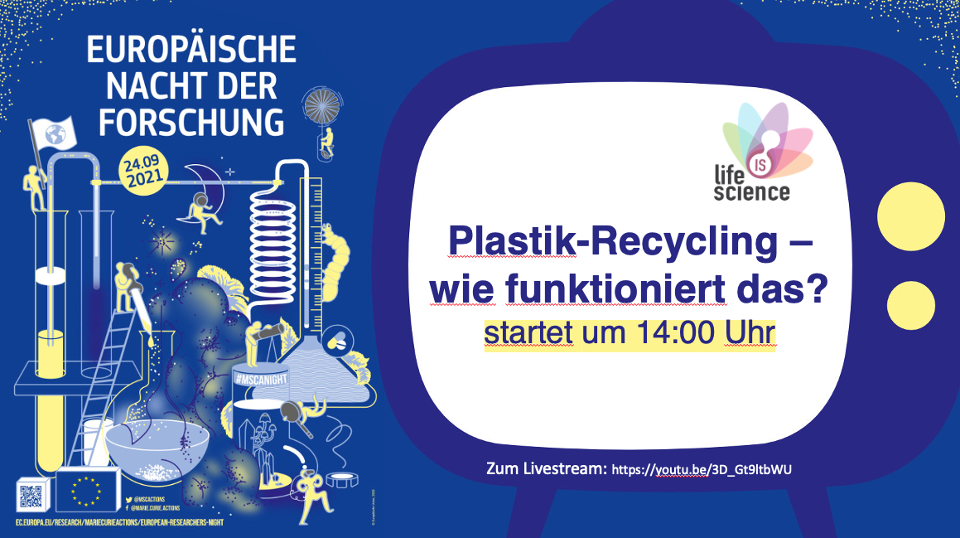
ENZYCLE at the Austrian Researchers Night “Life is Science”
ENZYCLE was live at European researchers night During the Austrian edition of the European Researchers Night under the thread “Life is Science”, ENZYCLE was presented in a 45 min lecture given by Matthias Slatner (acib)
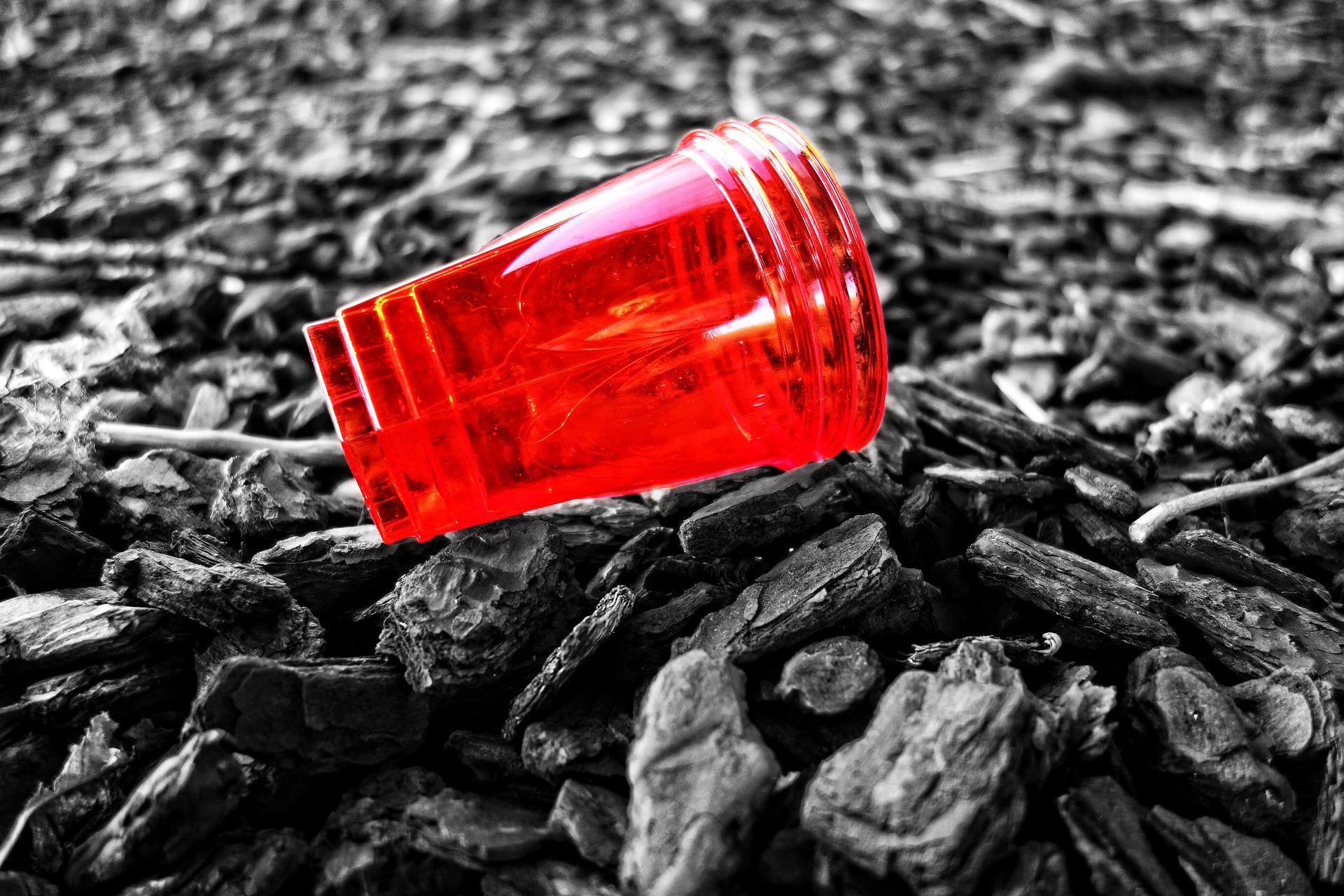
Stable or degradable? – Plastic recycling for packaging industry
Authors: Stephan Laske, Greiner Packaging and Katrin Weinhandl, acib GmbH Plastic materials were a meaningful achievement of the 20th century and have become an indispensable part of life. However, we are also aware of the
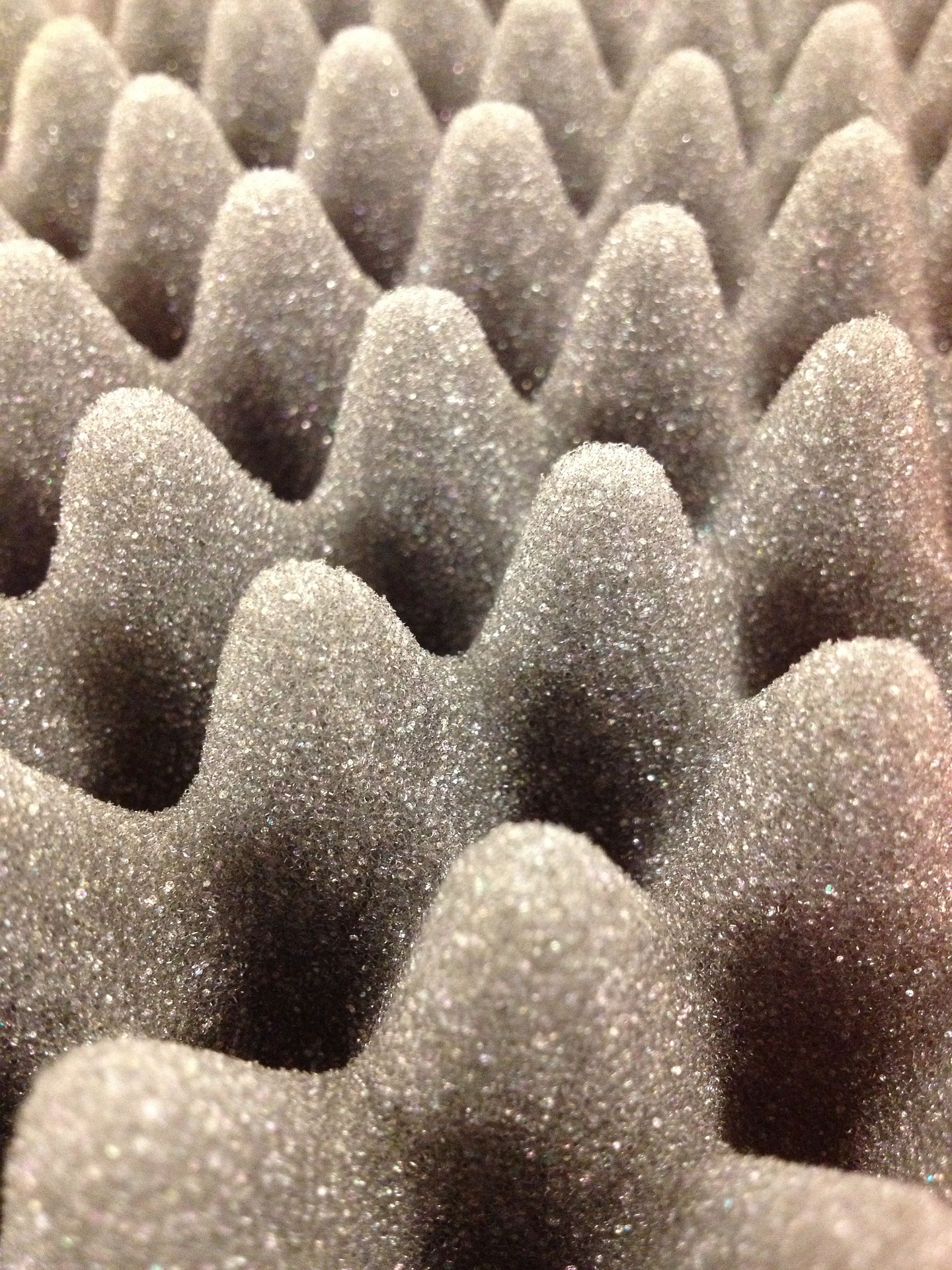
How can we use monomers from enzyme degradation of plastics in building materials ?
Author: Aline Jolie, SOPREMA Building industry is one of the fields the most concerned about climate change and sustainable development. Indeed, the figures of its impact are impressive; regarding the developed countries, construction is responsible
ENZYCLE Newsletter No 2
Happy first Birthday, ENZYCLE 🙂 One year ago, the project ENZYCLE has started and our 2nd newsletter edition shows recent achievements and project highlights. Enjoy reading!
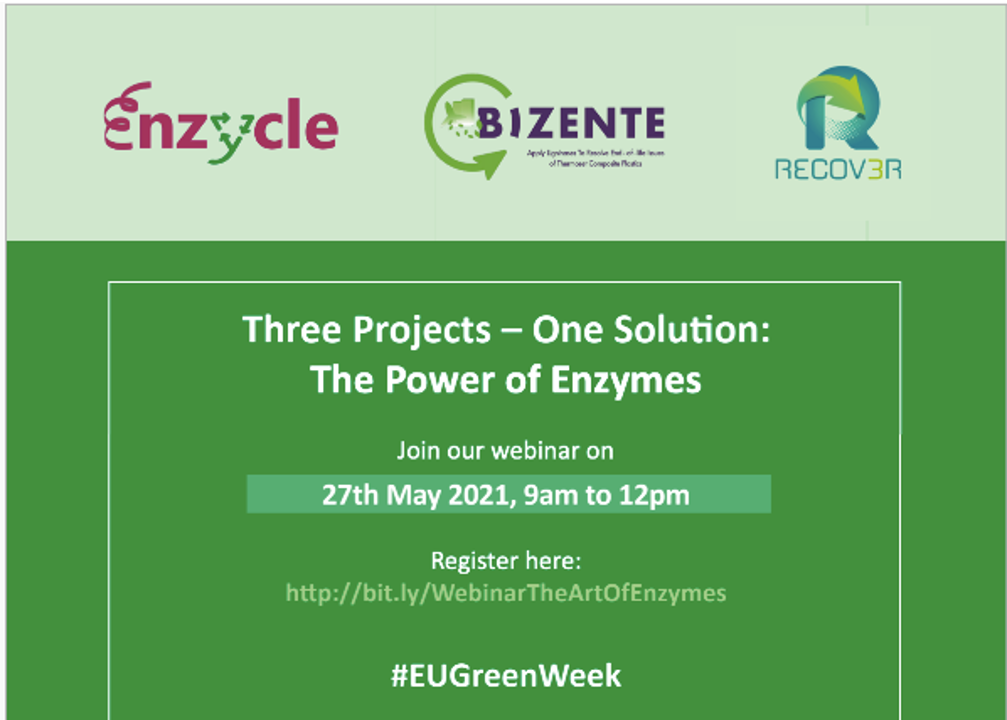
Webinar announcement: The Power of Enzymes
Three Projects – One Solution. We are happy to announce that ENZYCLE and its two sister projects RECOVER and BIZENTE are organizing a joint webinar about enzymatic solutions for the treatment of different kind of
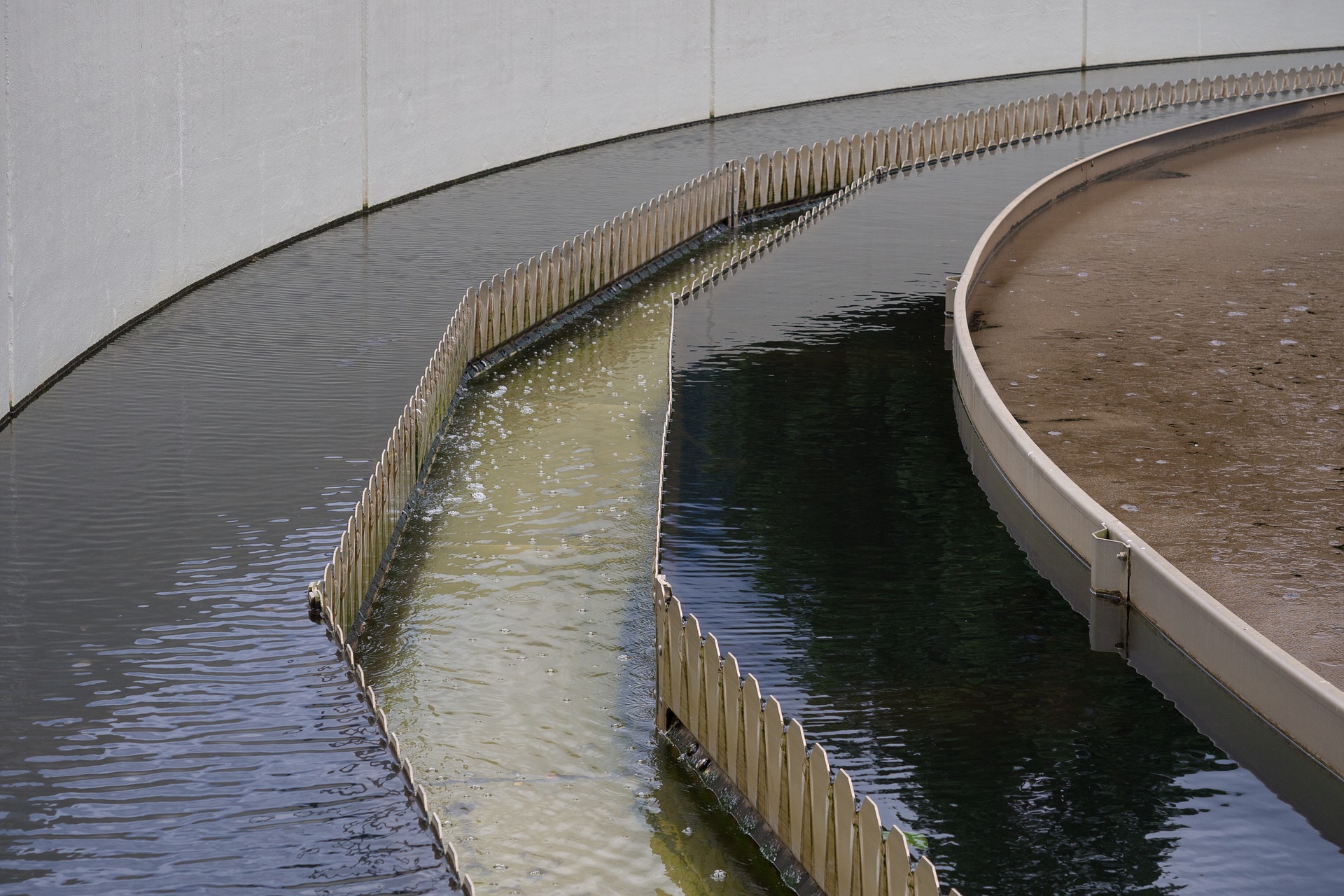
Applying enzymes for microplastic degradation in sewage sludge
Silvia Doñate Hernández, DAM Microplastics are an increasing problem. They can be found in a number of cosmetic and personal care products, but one of the main sources is textile washing, which dumps large amounts
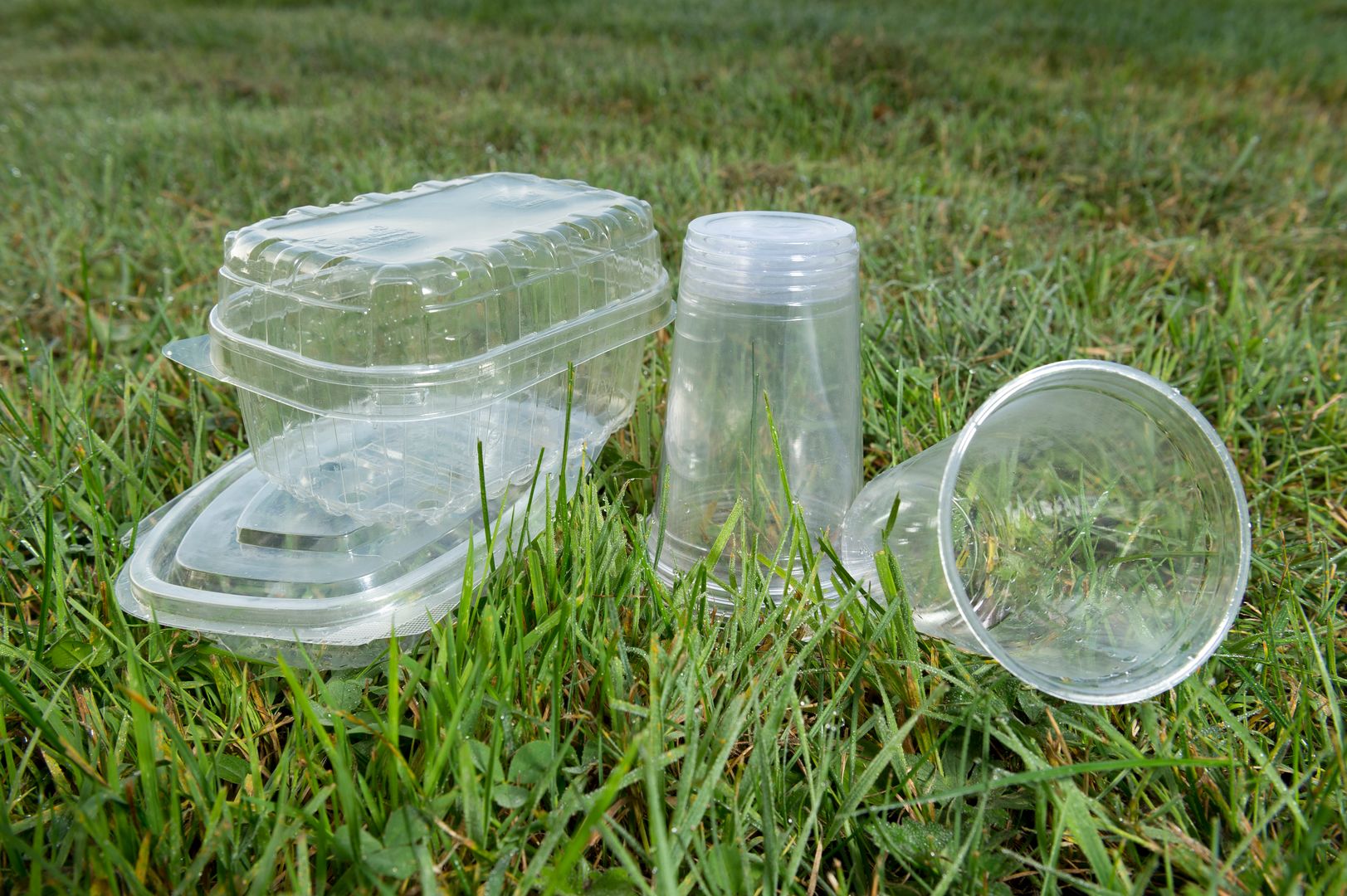
How can we use enzymes to recycle plastic?
Author: Tom Ewing and Mattijs Julsing, Wageningen University & Research Finding efficient ways to reuse and recycle plastic waste is of utmost importance both to prevent environmental contamination and to ensure efficient use of the
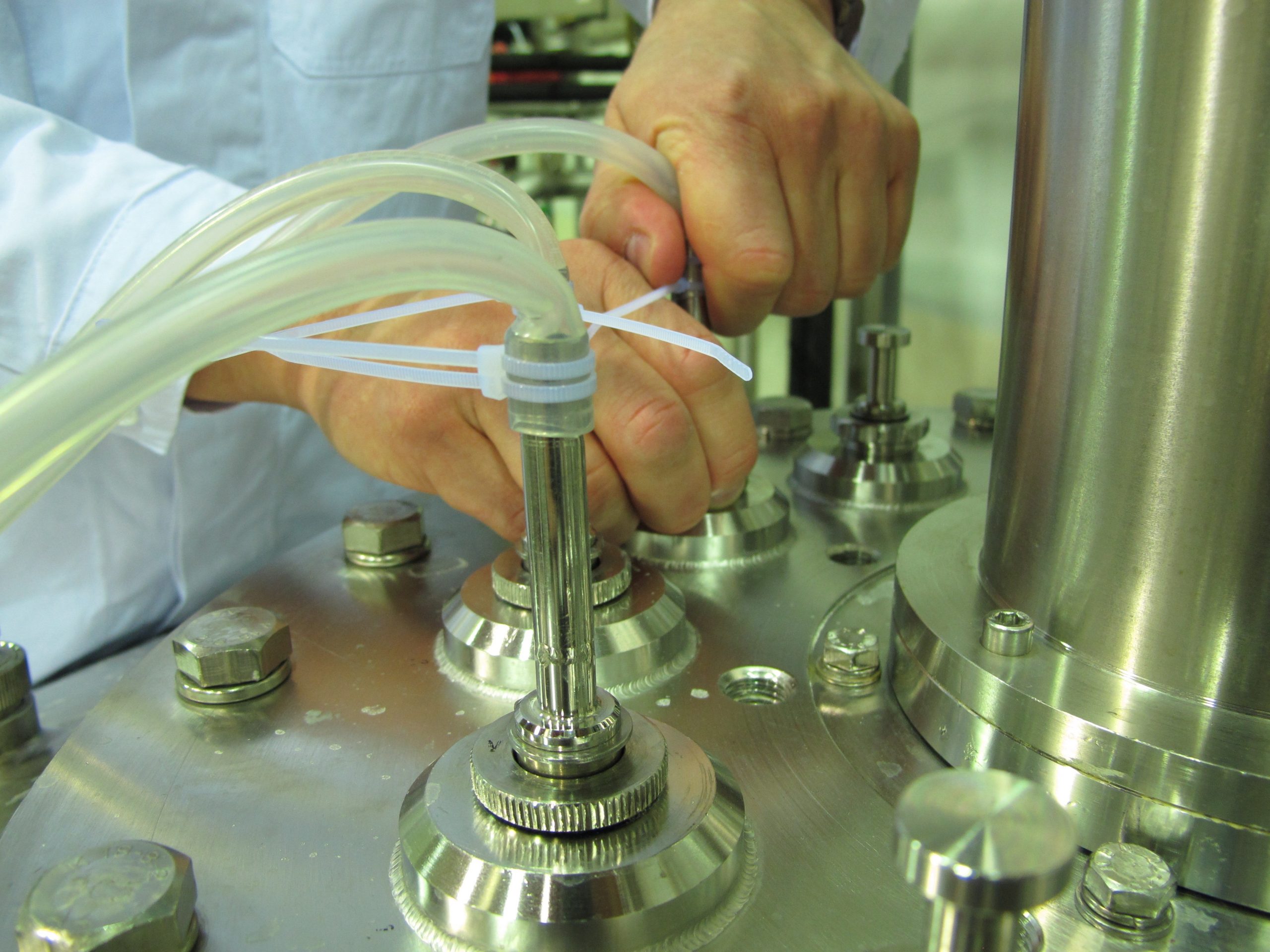
The main challenges of a production process for plastic-degrading enzymes
Author: Gerald Striedner, University of Natural Resources and Life Sciences (BOKU) Vienna The central idea of the H2020 project ENZYCLE is the degradation of non-recycled plastic fractions by enzymatic treatment. PET packaging, multilayer packaging (PET/PE
ENZYCLE Newsletter No 1 released
Our compact project news The first ENZYCLE newsletter edition was released last week and it looks back to the first six months of the BBI project. Despite COVID-19 and related restrictions we have successfully set
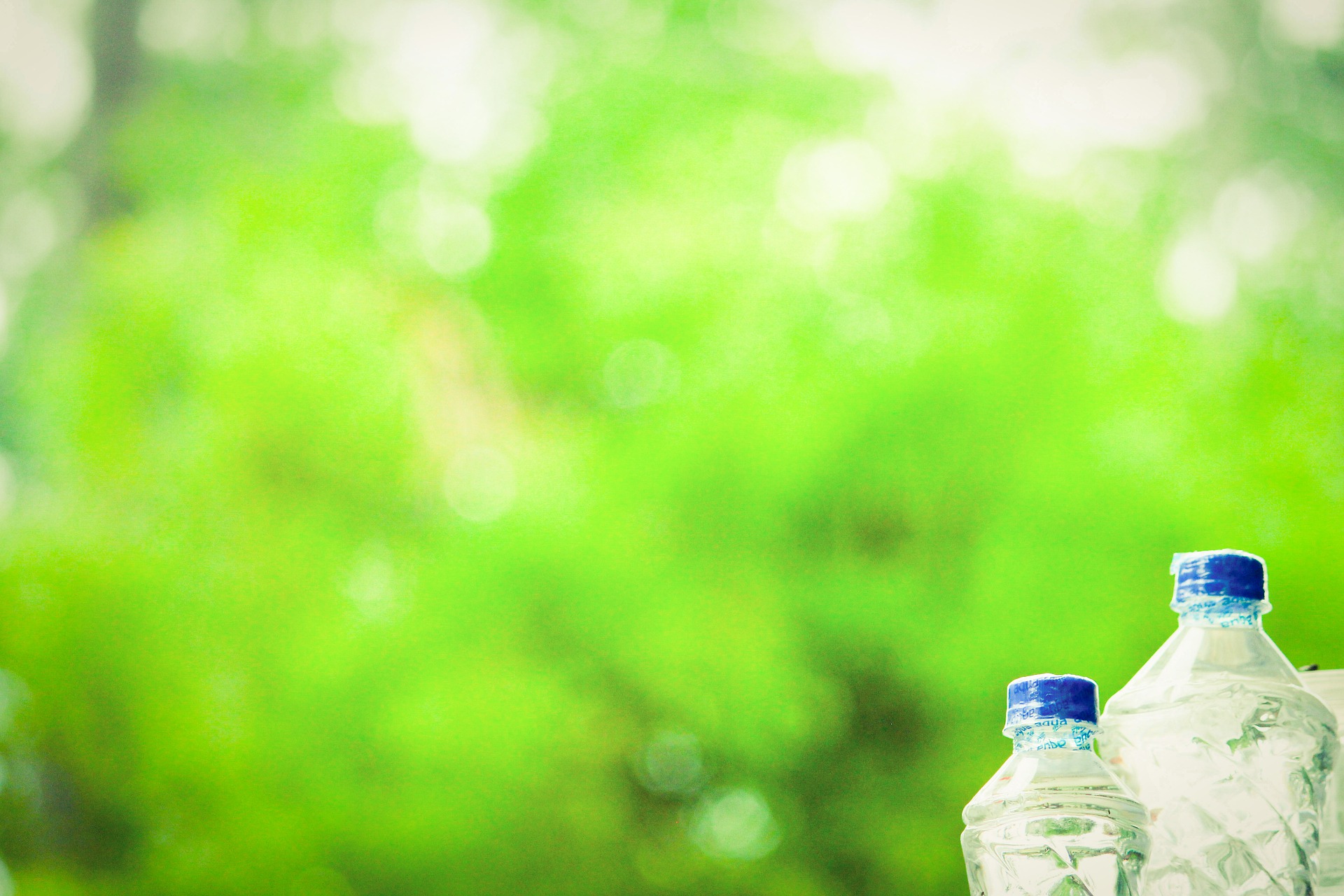
The power of enzymes to break down PET plastics
Author: Christian Sonnendecker, University of Leipzig Enzymes are powerful micromachines A key player for all life on earth is enzymatic catalysis. Enzymes are complex protein structures which specifically recognize and process molecules, thereby speeding up
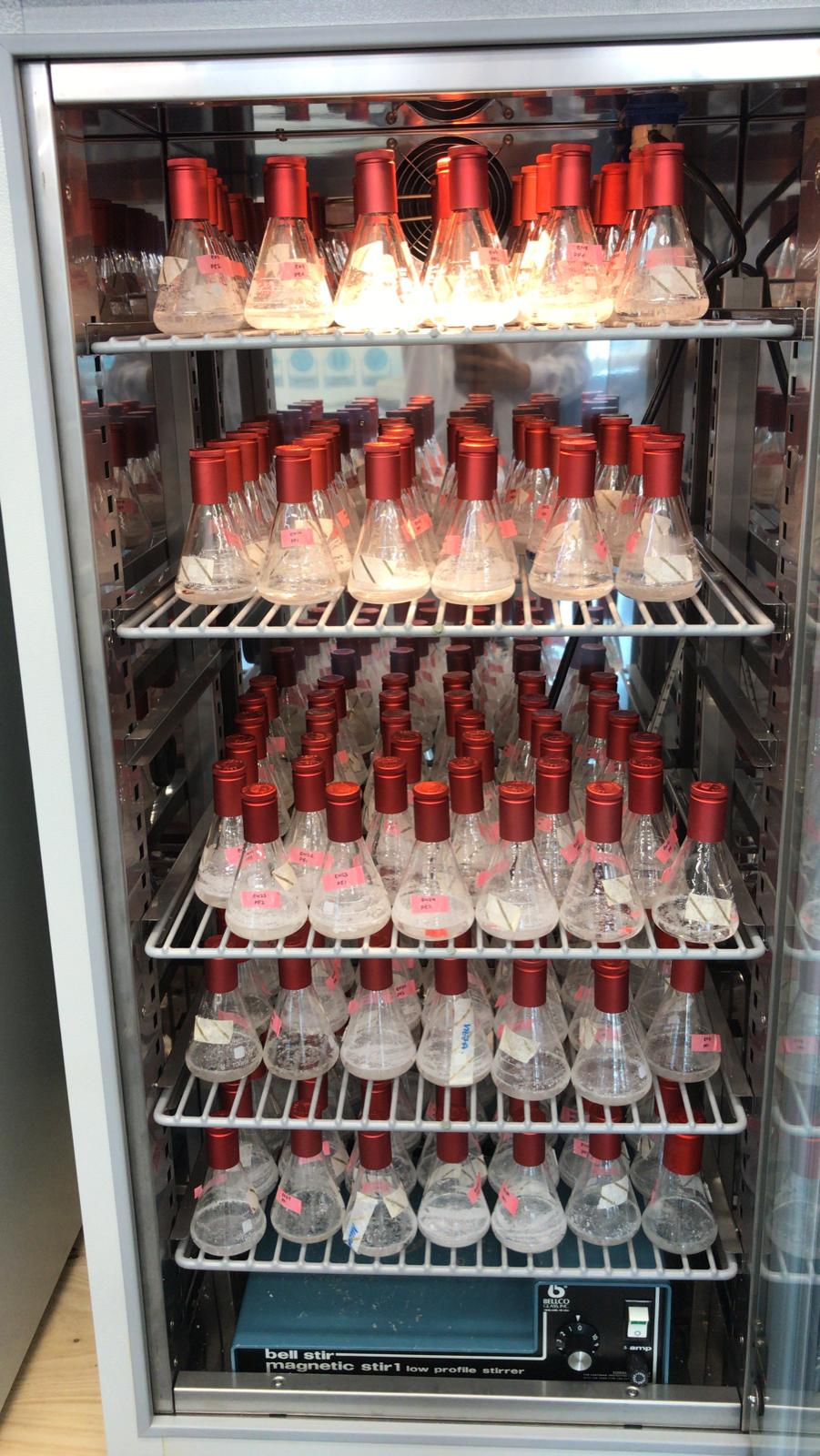
Microbial consortia for the degradation of recalcitrant plastic fractions
Author: Kristie Tanner, Darwin Bioprospecting Excellence S.L. Microorganisms can be found practically anywhere on our planet. From arid deserts, to hydrothermal vents or in environments contaminated with nuclear waste, microorganisms are able to adapt to
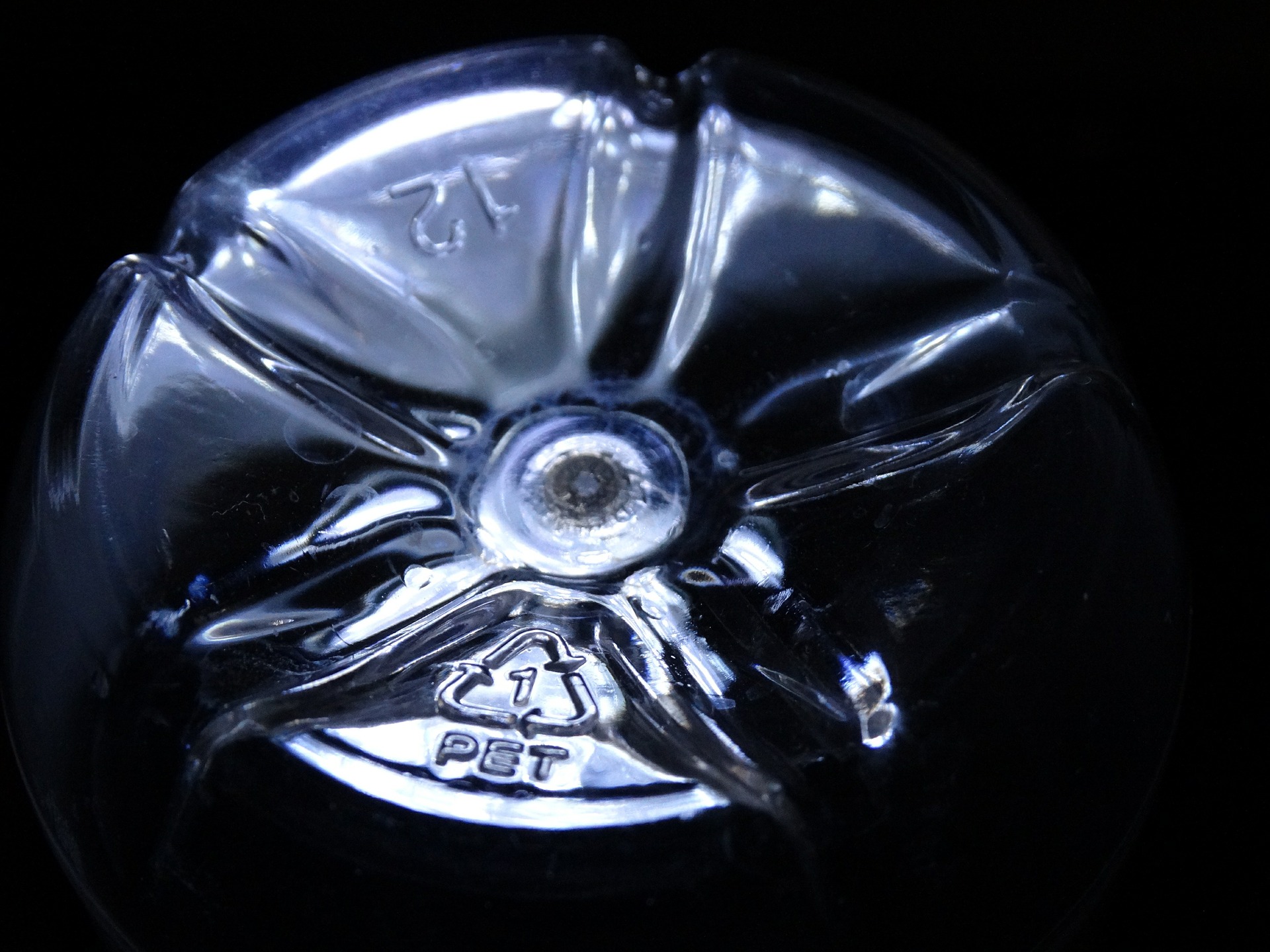
ENZYCLE at acib blog: Plastic recycling with enzymes
Plastic recycling with enzymes – ENZYCLE! Plastic waste management has become a challenge for our planet. Mankind produces 27.1 million tons per year of plastic waste and only 31.1% can be recycled! More than 65%
